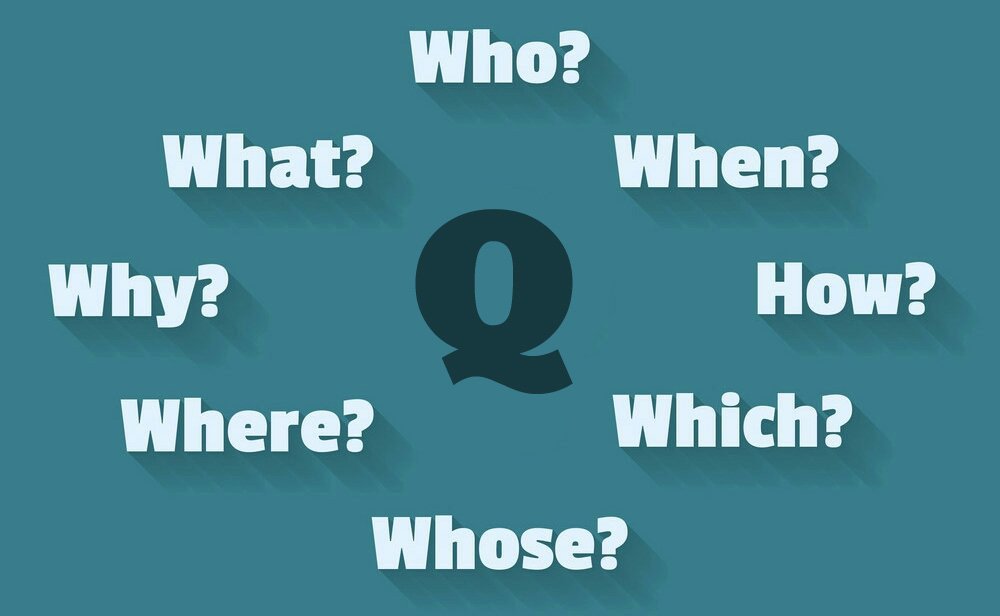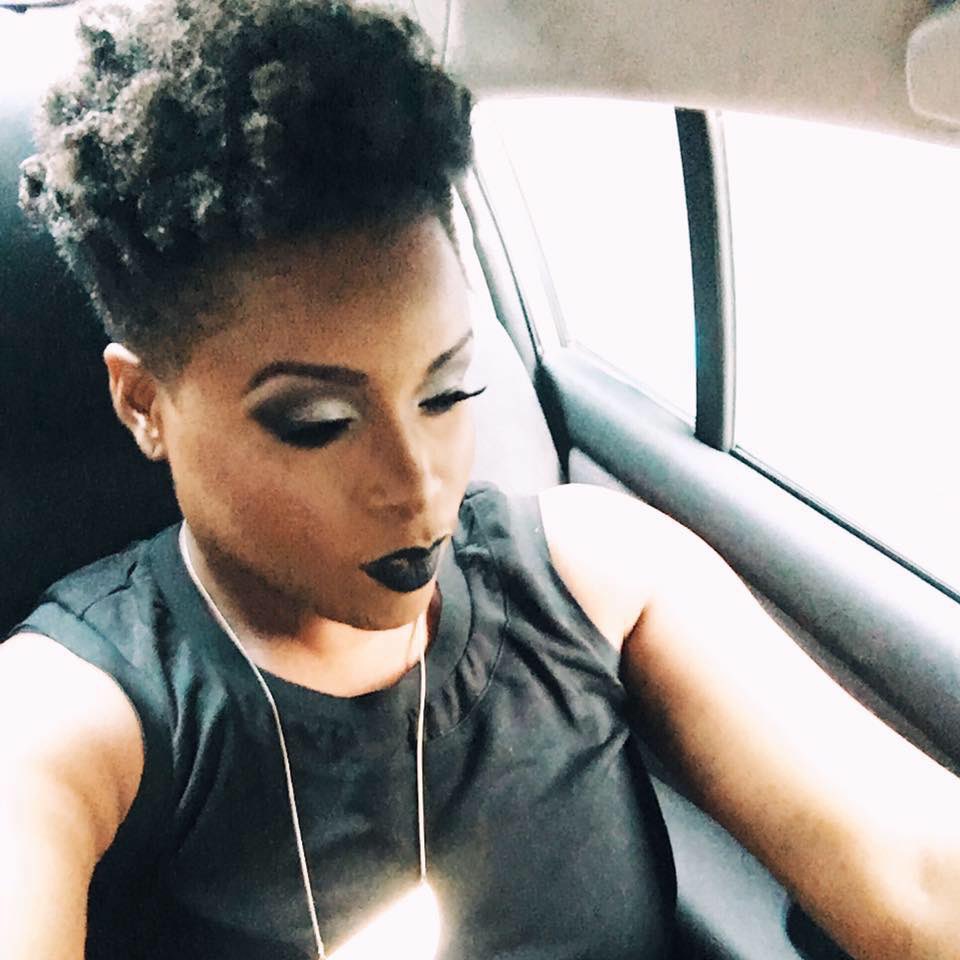A thread.
& another school of thought that says use the social media platforms that are appropriate for your needs and skills.
Let’s dissect both stances.
•maximizing reach
•maximizing visibility
•creating more pockets of opportunity
•potential for economies of scale in-terms of content creation & business development
•becoming highly skilled with social media
•Time consuming
•Content intensive
•Higher probability of failure each platform isn’t used adequately
•expensive initially
•requires high social media skill level
•distracting & demanding
•content might be too general & broad
•Saves time
•More focused audience targeting
•Curate higher quality content
•Have time to establish a strong relationship with audience
•Allows less skilled people opportunities to learn & build a brand quickly
•limited reach
•limited visibility
•Limited learned & skills
•Possibility of missed opportunities because you’re using the wrong platform
The best way to decide which social media platform to use is to decide what your needs, wants, and skills are then choose the platform that ticks those boxes.
1. If you have highly visual content (video or pictures),
2. Your audience are millennials or younger,
3. You want to sell a tangible product like clothes or makeup:
4. Broad audience
1. You want to grow a community
2. Reach a wide market
3. Want to convert strong customer support base
4. Want to use social media as an informal online store the place of a website
5. Requires a mixture of written, visual, & video content
1. You have something to say.
2. Are strong with written content
3. Want to build a credible personal brand for professional industries
4. Want to easily interact with global communities
5. Niche audience
There are many successful online brands who have used those platforms completely differently to how I have explained them.
Remember, like all useful things, building a social media asset takes time. You need to be patient and deliberate.







